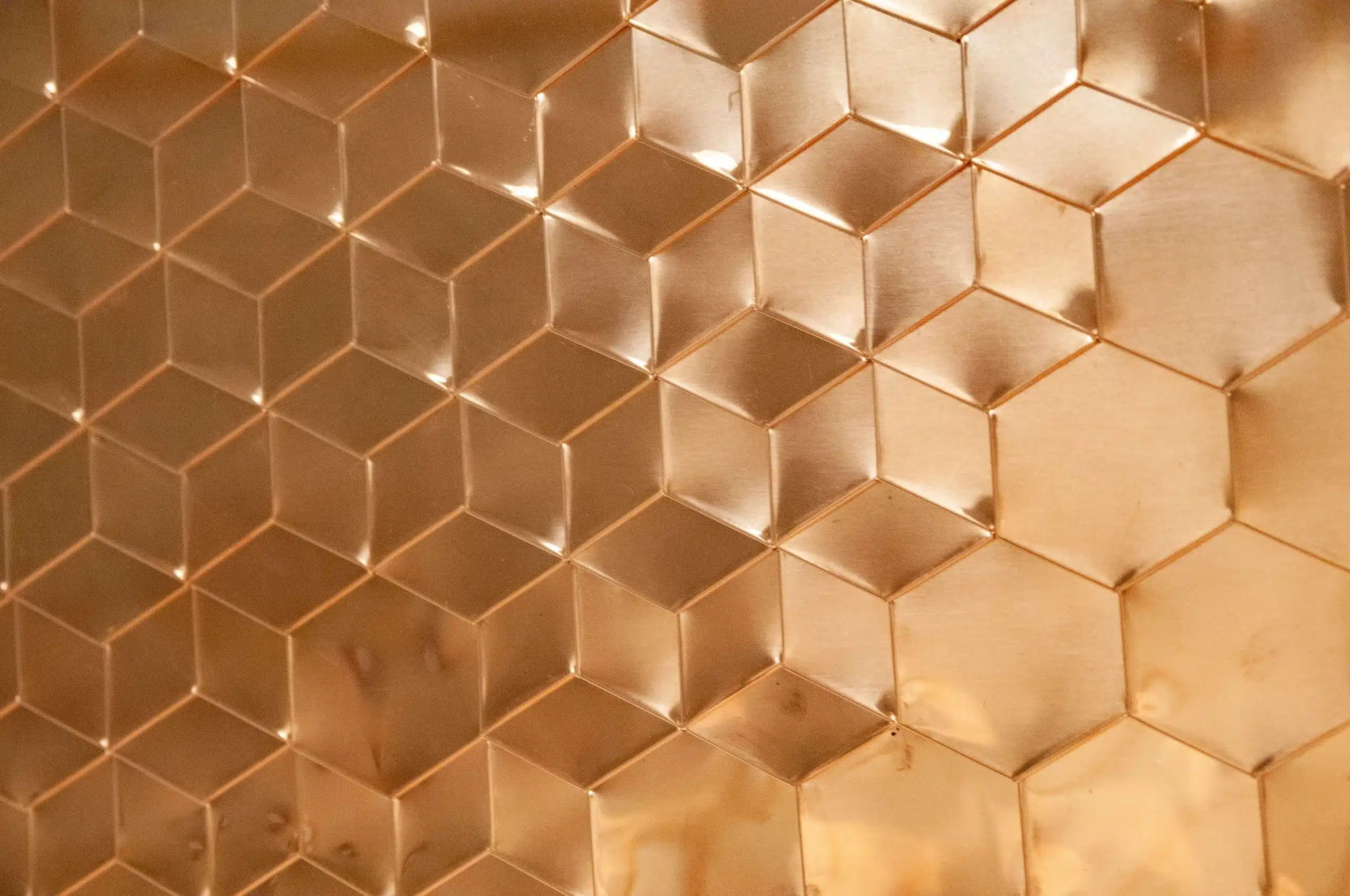
Colloidal Copper and its Benefits
Table of Contents
Colloidal Copper: Why Your Body Needs It
Copper is a vital trace mineral your body depends on every single day. It plays a direct role in producing red blood cells, fuelling organ function, and keeping your immune system balanced. You’ll naturally find copper in your brain, liver, heart, kidneys, and muscles. But here’s the catch: your body can’t make copper on its own. You have to get it from outside sources.
Where Do We Get Copper?
Copper-rich foods include red meat, seafood, lentils, cocoa, potatoes, yeast, beans, whole grains, nuts, and molasses. But not everyone can eat these foods — allergies, dietary choices, or health issues often get in the way. When copper levels drop, symptoms creep in. That’s where colloidal copper steps in.
What Is Colloidal Copper?
Colloidal copper is a liquid supplement made from ultra-fine particles of pure copper suspended in distilled water. Because it’s highly bioavailable, your body can absorb and use it more easily than standard copper from food or pills. It works at a cellular level, targeting deficiencies and supporting key functions from the inside out.
Ancient Use of Copper
Indigenous tribes and aboriginal healers have used copper medicinally for centuries. During the 1800s cholera outbreak in Paris, copper workers were mysteriously unaffected — French doctors quickly made the link. It was also used to treat arthritis and other inflammatory diseases long before pharmaceuticals existed.
Why Copper Matters
Copper supports physical and mental wellbeing. When you don’t get enough, problems start stacking up — think anaemia, thyroid imbalances, nerve dysfunction, bone weakness, and even neurodegeneration.
Conditions Linked to Copper Deficiency
- Menkes disease (rare, fatal neurodegenerative disorder in infants)
- Anaemia
- Thyroid disorders
- Osteoporosis
- Nerve damage (e.g. optic neuritis, polyneuropathy)
- Loss of skin and hair pigment
- Weak immunity
What Causes Deficiency?
- Poor diet or food intolerances
- Excess zinc or vitamin C (which blocks copper uptake)
- Genetic issues affecting copper metabolism
- Gut absorption problems
- Cow’s milk in infants or malnutrition
- Cystic fibrosis
Top 15 Benefits of Colloidal Copper
- Balances Blood Sugar – Helps prevent and manage type 2 diabetes by protecting cells from oxidative damage.
- Supports Pregnancy – Aids foetal growth and prevents congenital issues.
- Enhances Skin & Hair Colour – Fuels melanin production to maintain pigment and slow greying.
- Boosts Brain Power – Promotes new neural pathways and enhances cognitive performance.
- Energises the Body – Converts carbs into usable energy and supports red blood cell production.
- Boosts Immunity – Strengthens the immune system and helps fight infections.
- Stimulates Collagen & Elastin – Supports firm skin, elasticity, and youthful appearance.
- Lowers Cholesterol – Helps convert LDL (bad cholesterol) into HDL (good cholesterol).
- Speeds Up Metabolism – Activates enzymes that regulate hormones and energy production.
- Strengthens Bones – Prevents arthritis, fractures, and post-menopausal bone loss.
- Supports Connective Tissue – Essential for healthy collagen, myelin, haemoglobin, and melanin.
- Improves Iron Absorption – Helps the body use iron properly and avoid anaemia.
- Accelerates Wound Healing – Replenishes lost minerals and speeds tissue regeneration.
- Fights Free Radicals – Powerful antioxidant activity protects against ageing and cancer.
- Protects Organ Growth – Supports development of nervous, cardiovascular, and skeletal systems.
Copper for Skin Health
Internally and topically, copper transforms the skin. It helps flush toxins, clear acne, reduce inflammation, and tighten pores. As a natural anti-ageing mineral, it minimises wrinkles, boosts elasticity, and gives skin a healthy glow. You can apply it directly as a spray, add it to creams, or take it as a supplement.
How Much Copper Do You Need?
- Adults (19+): 10,000 mcg (10 mg) daily
- Teens (14–18): 8,000 mcg
- Children (4–8): 3,000 mcg
- Infants: Should get copper through formula or breast milk
Too Much Copper?
Although copper is safe when used correctly, excessive amounts can be harmful. Stick to the recommended dosage. Signs of toxicity include nausea, vomiting, digestive upset, and in rare cases, liver problems. Be cautious if you drink from old copper pipes or cook in unlined copper pans.
Interactions & Warnings
Copper can interact with:
- Zinc supplements
- High-dose vitamin C
- Birth control pills
- Aspirin
- Penicillamine
Pregnant women, children, and those with kidney or liver disease should speak to a health professional before supplementing.
In Summary
Colloidal copper offers massive benefits for energy, immunity, skin, brain, and beyond. It fills in the gaps where modern diets fall short. With the right dose and quality source, copper can be a powerful daily ally.
References: traceminerals.org, healthline.com, nutrinoche.com, copperh2o.com, medicalnewstoday.com


